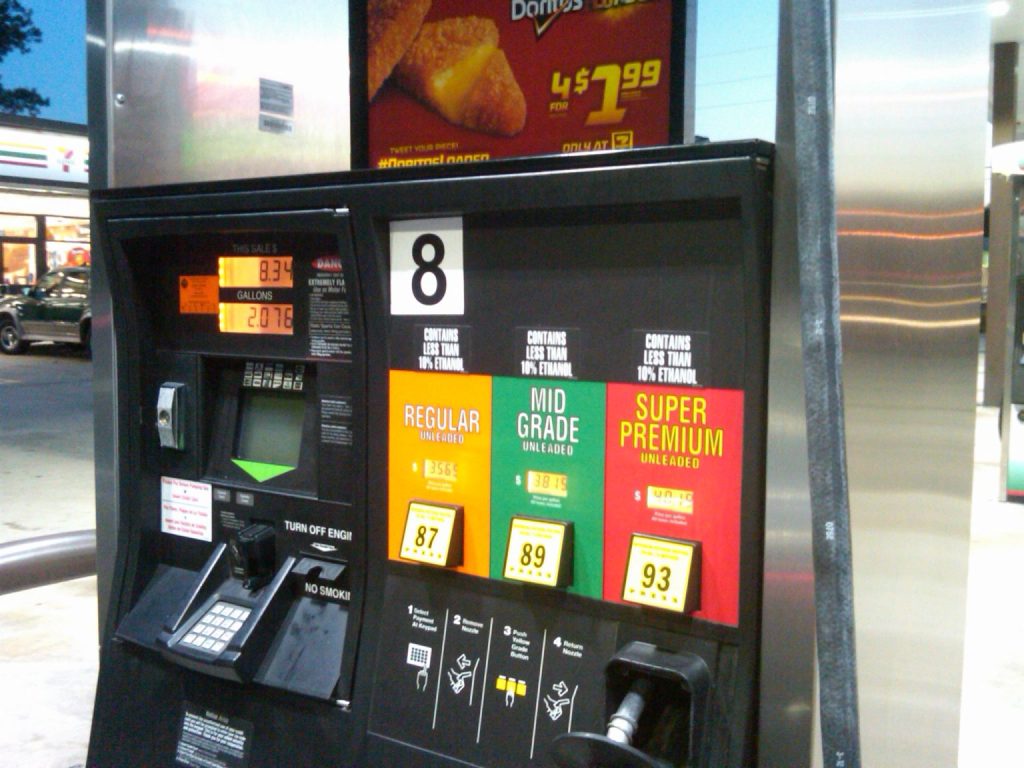Editor’s Note: This guest post is courtesy of the Car Care Council, which is dedicated to educating vehicle owners about the benefits of regular vehicle maintenance through its “Be Car Care Aware” program.

Driving less doesn’t have to be your reaction to rising gas prices, according to the Car Care Council. While consumers can’t control the price of gas, they can control how much gas they use by following some simple and inexpensive vehicle maintenance.
“Most motorists don’t have the option of driving less when gas prices rise, but they can cancel out the increases by making sure their vehicle is getting maximum fuel economy,” said Rich White, executive director, Car Care Council. “Fuel consumption is directly related to vehicle care and driver behavior and both can have a significant impact on how much motorists pay at the pump.”
The Car Care Council offers these simple steps to save gas without driving less:
- Keep your car properly tuned to improve gas mileage by an average of 4 percent. (See tips on how to tune for better gas mileage here. –Ed.)
- Keep tires properly inflated and improve gas mileage by 3 percent.
- Replace dirty or clogged air filters on older vehicles to improve gas mileage by as much as 14 percent.
- Replace dirty spark plugs, which can reduce mileage by two miles-per-gallon.
- Change oil regularly and gain another mile per gallon.
- Check the gas cap. Damaged, loose or missing gas caps allow gas to vaporize into the air.
- Observe the speed limit. Gas mileage decreases rapidly above 60 miles-per-hour.
- Avoid excessive idling. Idling gets zero miles per gallon. Warming up the vehicle for one or two minutes is sufficient.
- Avoid quick starts and stops. Aggressive driving can lower gas mileage by 33 percent on the highway and 5 percent in the city.
- Consolidate trips. Several short trips taken from a cold start can use twice as much gas as one longer multi-purpose trip.
- Don’t haul unneeded items in the trunk. An extra 100 pounds in the trunk reduces fuel economy by 1 to 2 percent.
“Some motorists think they are saving money when they put off needed vehicle maintenance,” White said. “What they don’t realize is that neglecting routine maintenance can end up costing a lot more. Keeping your car running efficiently and modifying your driving behavior is the best way to improve your vehicle’s fuel economy and keep more money in your pocket.”

Comments